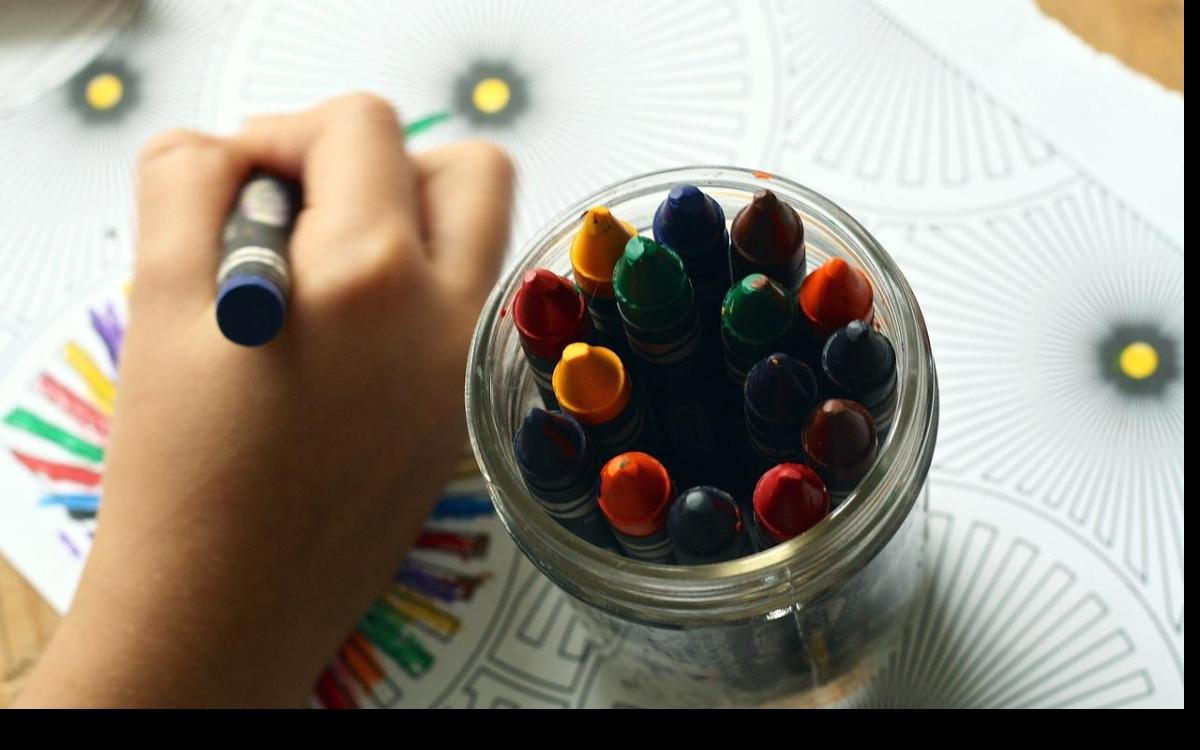
Leigh Harris MS, LPC, NCC, CCTP • Contact Leigh
relatecounseling.com • @relatecounsel
As a counselor who works with kids, I am often asked by parents how to talk to kids when events happen such as the recent tragedy in Uvalde, Texas. As a parent myself, I know it can be very hard to know what to say or not say when these things happen. The following are some guidelines for parents to use when talking to kids about such events.
1. Manage Your Own Anxiety/Grief/Fear
The first step is for parents to manage their own emotions. The tragic events happening at schools are very difficult for parents to deal with, because they defy rational explanations. There is no way to understand what happens, and as rational beings, we look for rational answers to things. Sometimes there are none, and that can be very difficult. Use your own healthy coping skills to manage your emotions and distress. Before talking to your child, try to be in a calm, in control place. Kids pick up on our own anxieties, and their worries will escalate in response to ours.
2. Take Your Cue from Your Child
How you talk to your child depends on his or her age. In addition, all children are different, and all handle stressful things differently. Some kids are very sensitive and are really bothered by events such as these, while others are less concerned when it doesn't affect them or their families directly. If possible, limit exposure to such events for younger children, around age 6 and younger. Children up to age 6 are not able to reason logically and do not have the developmental capabilities to deal with horrific events, and if at all possible, they shouldn't be put in a place where they are exposed to them. Parents should make an effort to restrict TV news for younger kids, and to limit it for older, elementary-aged kids. Repeated coverage can impact a child's ability to process & deal with what's happened and can add to trauma.
Children around ages 7 to 11 are very concrete thinkers and lack the ability to put things in perspective. That capability begins to develop around age 12. For kids this age & older, you might want to check in with them as they most likely will hear about events anyway. Ask them what they have heard, how they are feeling about it, and answer any questions they have honestly. You don't have to provide details, but often kids this age & older will hear about what's happened, and it is important for them to know they can come to a parent and hear the truth. If parents lie to children about what has happened, it can add to a child's anxiety. They may feel that what happened is so bad that their parent can't tell them, and the unknown is scarier for a child than hearing it from a parent.
Don't feel as if you have to talk about it a lot with your child unless he or she wants to talk about it with you. Again, take your cue from your child. Be open to discussing it but don't press your agenda onto your child. Often, because things such as this affect us so much as parents, we pass our anxiety on to our kids. If, however, your child is showing a good deal of anxiety which is affecting sleep, play, or outings with friends, you may want to consult with a professional. Anxiety in children is a growing issue.
3. How Do I Explain It and Reassure My Child? It's okay to not be able to explain it and to tell older kids that some things don't make sense. It's also okay for you to be sad that this happened. The important thing that kids need is structure, to know that their parent is in control and that they are safe. Reassure your kids that what happened is bad, but that they are okay, their families and friends are all okay, and that their home and school are safe. Help them utilize coping skills such
as talking about it (if they want to), free play, art, exercise, prayer, and coping "self-talk" to manage their feelings.
People really benefit from helping others. Consider using this as a way to explore with your child some things he or she might do to help others and give back. Children can learn that helping others also helps them to heal.
Through this, children can learn that they have the power to make good things come out of bad, a transformative life lesson they will carry with them for the rest of their lives.
